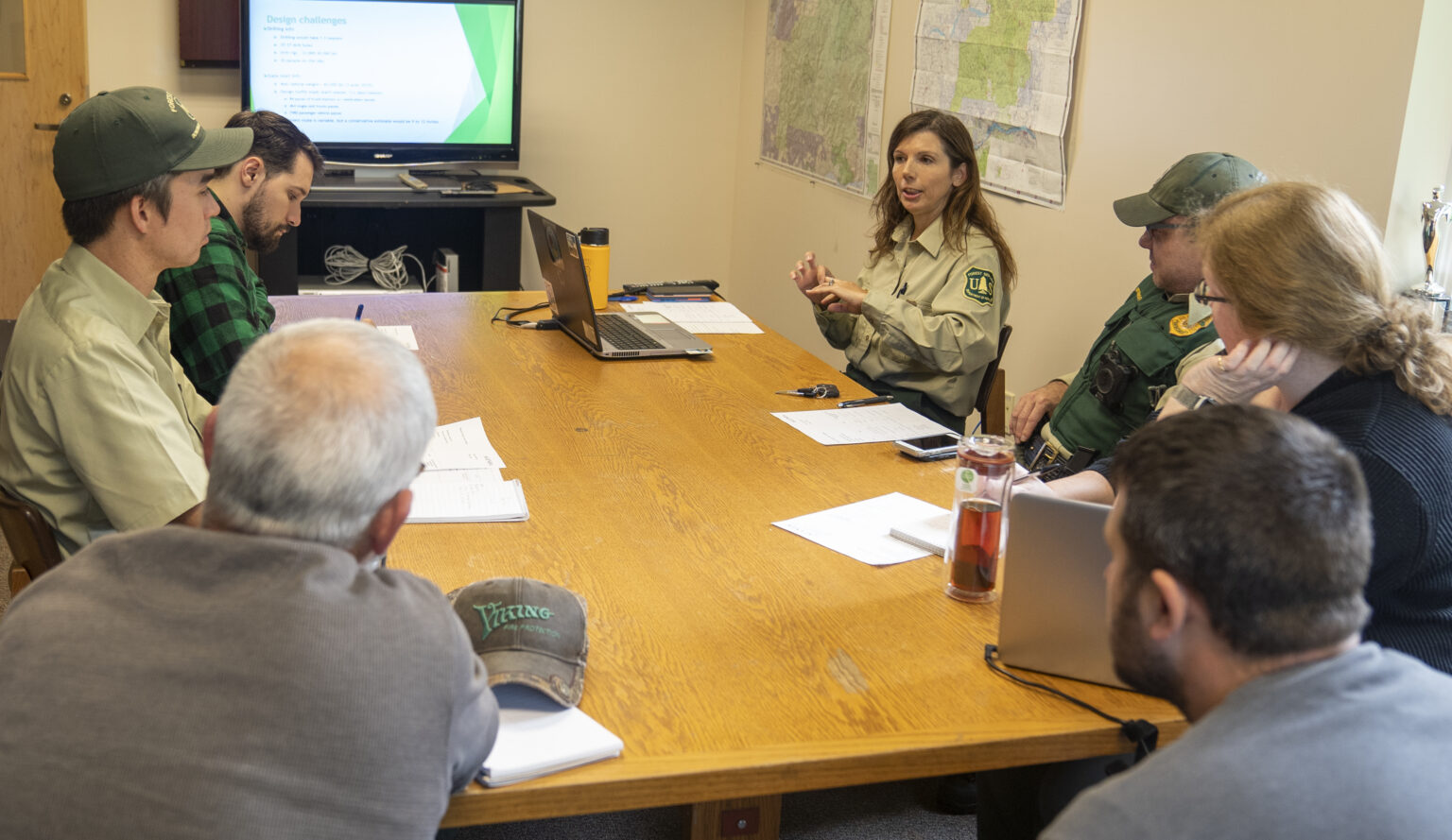Capital Chatter: The real reason that HB 2020 failed
Published 7:00 am Thursday, July 4, 2019

- Capital Chatter: The real reason that HB 2020 failed
Gov. Kate Brown announced on Monday that she would issue executive decrees, if necessary, to curb greenhouse gas emissions in Oregon.
Her words cheered supporters of House Bill 2020 — the carbon cap-and-trade legislation that died in the Oregon Senate — and worried the legislation’s opponents. However, it is unclear what executive orders and agency directives Brown could issue and what they could achieve. In any case, they would not happen soon.
Trending
Consequently, I don’t think the potential executive actions were the most important takeaway from her press conference. Rather, it was this statement: “I am directing the Carbon Policy Office to work with rural manufacturers to analyze the cost and competitiveness of their industries. We need to know how we can sustain these important jobs this sector provides while meeting our carbon reduction goals.”
Better late than never.
Although the debate is ongoing, my sense is that HB 2020 failed for the same reasons that Washington voters defeated a state carbon tax.
Adherents of such policies blame the expensive misinformation campaigns by opponents. Those undoubtedly played a role. But big spending does not guarantee desired outcomes. The overriding reason is that adherents failed to connect with everyday folks.
Thus, I find it heartening that Brown wants her staff to hear what rural manufacturers say. Far too much time has been squandered on telling rural Oregonians about the benefits of HB 2020 instead of listening to their concerns and absorbing their answers.
Forgive me for getting psychology-ish, but rural Oregonians have endured considerable trauma at the hands of government and market forces since the 1990s. Automation, global competition and spotted owl-induced logging restrictions killed thousands of family-wage jobs in the wood products industry and shuttered the mills that supported local economies. Government and nonprofits promised new economic opportunities and retraining of those laid-off workers, but – as often has been the case throughout rural America – the transitions didn’t exactly pan out.
Trending
Some communities lost their social centers when schools closed due to population declines and/or state-ordered consolidations of school districts. Tourism brought some new jobs but predominantly ones with lower wages. Parents and grandparents watched as young people, unable to find opportunity at home, left for urban areas.
All this happened despite predictions to the contrary. Is it any wonder that rural Oregonians, and even many urban Oregonians, have little faith in the employment predictions behind HB 2020?
The Legislature’s Joint Committee on Carbon Reduction held several public hearings in rural areas and listened to hours of testimony in Salem. Yet it often seemed that people were talking past each other: Ruralites felt they were being told what was best for them. Urbanites felt ruralites didn’t appreciate either the threats and consequences of global warning or how the legislation would benefit them.
Again, I’m getting geeky, but I didn’t see or hear much “reflective listening.” That is, actual understanding and acknowledgement of the other side.
During last week’s massive Oregon Capitol rally of truckers, farmers and loggers, I was heartened to see a diehard opponent of HB 2020 — a logger-turned-arborist who lost his logging job in the spotted owl crisis — sitting with diehard HB 2020 supporters and having a long, congenial conversation.
Such one-to-one conversations are the ultimate path forward. I hope that is what Gov. Brown has in mind: reflective listening.
HB 2020 was top-down, developed by people — primarily from Portland and other metro areas — who believed in a certain approach to confronting climate change. It needed to be built from the ground up, starting with understanding what individuals and industries needed locally in order to respond to the current and future impacts of climate change — wildfires, agricultural shifts, water shortages, rising sea levels, health effects and more.
As economists and others have told me, such efforts must be developed locally and led locally if they are to succeed. Outsiders can provide ideas, technical assistance and funding. But their role is to assist as needed and requested, not to impose their will.
Supporters of HB 2020 say they did all that. However, what matters is whether the affected people believe that’s true.
Being geeky again, I think Maslow’s Hierarchy of Human Needs illustrates the disconnect. People’s daily needs — food, shelter, safety and so forth — must be achieved before they can focus on loftier goals.
Advocates emphasized Oregon’s national and global leadership role, which does nothing for people just trying to get through each day. The carbon cap-and-trade policy would not slow climate change in Oregon or anywhere else. Our greenhouse gas emissions are barely measurable on a global scale. However, the revenue generated through selling carbon allowances — a government-imposed, market-based concept — would finance significant local efforts, such as forest thinning to prevent catastrophic wildfires.
What would have happened if advocates had reversed their approach, copying the highly successful method of the Chalkboard Project in improving local schools: Meet with thousands of Oregonians from all walks of life. Hear their ideas and their concerns. Then use that information to design programs that address their concerns instead of coming in with preconceived answers.
Again, the two sides of HB 2020 will argue over whether that occurred. But clearly, it was insufficient or the outcome would have been different.
Listening and hearing come before action.
Dick Hughes, who writes the weekly Capital Chatter column, has been covering the Oregon political scene since 1976. Contact him at TheHughesisms@Gmail.com , Facebook.com/Hughesisms, YouTube.com/DickHughes or Twitter.com/DickHughes.




